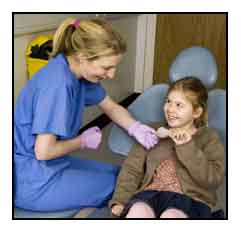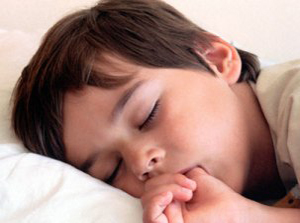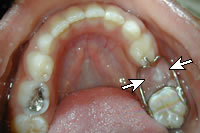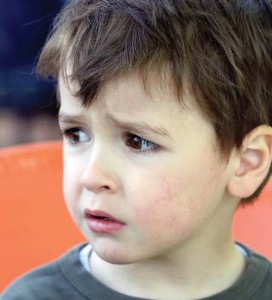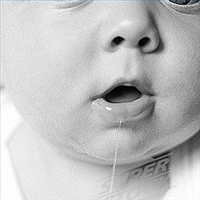Kids tend to show their feelings more than adults. Therefore, the dentist and the parents have to work their way out to understand and control the kids feelings and ensure that they are comfortable with all the dental treatments.
Distress or Cry
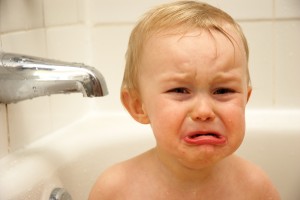
© woodness.wordpress.com
At birth : Primary emotion present at birth with vigorous body expressions usually due to hunger, colic or other internal cause.
At 6 months : It is greatly replaced by milder expression of fussing or vocalization.
During preschool : It is seen less, only for the reactions of physical pain as he is thwarted by his environment.
During school years : Pressure helps him to outgrow the crying habit which deceases rapidly. After this till 15 years old, crying occurs very seldom.
In young adults : Ultimately it becomes a limited quiet crying in private only for reasons of grief or other intense emotions.
Continue reading →
